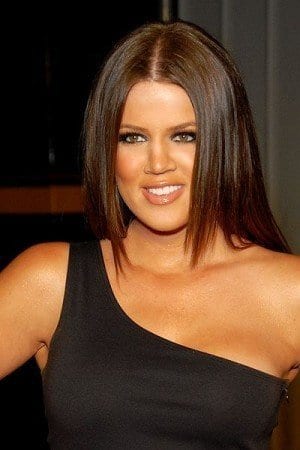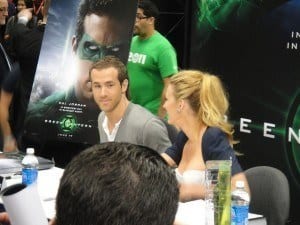
Cover letter templates to help you get noticed
As graduation dates are fast approaching, students nationwide will be applying for entry-level jobs left and right. With a rising unemployment rate for college graduates, maximizing applications and resumes to the fullest potential is very important.
Without a doubt, resumes are an integral part of the job application process, but for a recent college graduate a cover letter geared specifically towards entry level positions is equally as important. A cover letter is a way of introducing yourself to an employer more personally and in-depth than you do in your resume. “Your resume is for your facts and figures and your cover letter is for personalizing those facts and figures,” said Michael Elias, Career Specialist and Assistant Director at DePaul University’s Career Center. The cover letter is your chance to prove your ability and qualifications specifically for the job you are applying for.
The University of Chicago’s career services center says that most employers read cover letters. “A survey of nearly 600 employment professionals, conducted by the Society for Human Resource Management (SHRM), suggests some 76 percent of employers may automatically eliminate an employment candidate from any further hiring consideration, based solely on the quality of his or her cover letter alone.”
With this stressed importance of a cover letter, some applicants may feel intimidated or stressed by the idea of writing a cover letter while applying for entry level jobs. With a couple of tips and a push in the right direction, College News hopes to help your job application process go much smoother.
According to FastWeb, an online resource site for paying and preparing for college, a good, solid cover letter can allow potential employers to look past “thin work history” and allow an applicant to display additional achievements and personality traits that can’t be shown in a resume. For a recent college graduate who may not have any internship or job experience, the cover letter is a way to emphasize what he/she does have. “It’s hard to snag a job without the experience, but for some fields it’s OK. You can refer to coursework in your cover letter because most courses are structured around real world assignments,” said Elias. “The more you can talk about them, the better.”
For example, if you are applying for a job in Public Relations, you can refer to your coursework where you had to mock writing press releases and how that experience prepared you for the position. You can also use those assignments as writing samples of your work, since many companies will request samples of your writing.
Just like some resumes, a cover letter should not be reused and copied for every job. “The most important thing in writing a cover letter is making sure your content is relevant to the position,” claimed Elias. For every job an applicant applies to, the cover letter should be tweaked and catered to fit the needs and specifications of that job. “This seems like common sense, but in this job market today it’s easy to make a mistake or get lazy and try to reuse a cover letter.”
Typically, the template for an entry level cover letter consists of three parts; the introduction, the body and a conclusion. The introduction should start out with something such as “I would like to take the opportunity to apply for the X position,” making it known that you are aware of what the employer wants. Also in the introduction you should include 2-3 skills you have that are relevant to the position. The body of the letter is where you will say how those skills are relevant and provide specific examples of how you used those skills in past experiences. Conclude the letter with restating the position and your skills that will be relevant while also showing your enthusiasm for the position. Restating your email in the conclusion as well as a number where they can reach you also puts extra emphasis on your enthusiasm and availability.
Keep in mind, the cover letter is not for you. According to Elias, many applicants tend to mess up their cover letter when they focus too much on themselves and how the position will benefit them. “You don’t want to say ‘if I get this position I will gain knowledge and experience, etc’. Rather, it’s important to emphasize how you are an asset to their company and how your skills will help them get what they want.”
Although the cover letter is highly important to the job application process, you do not want to overdo it. Cover letters for an entry level position, and sometimes even for mid-level positions, should be no more than one page long. Michael Elias emphasized this by saying, “I’ve gotten feedback from employers that say they’ve been receiving resumes and cover letters that are too long. One page is long enough.” In the job market today, employers have to sift through hundreds of resumes and cover letters, and having one that is too long can work against you and may cause your resume to be ignored all together.
To further help you with your application processes, here is a template of a good cover letter for an entry level employee.















